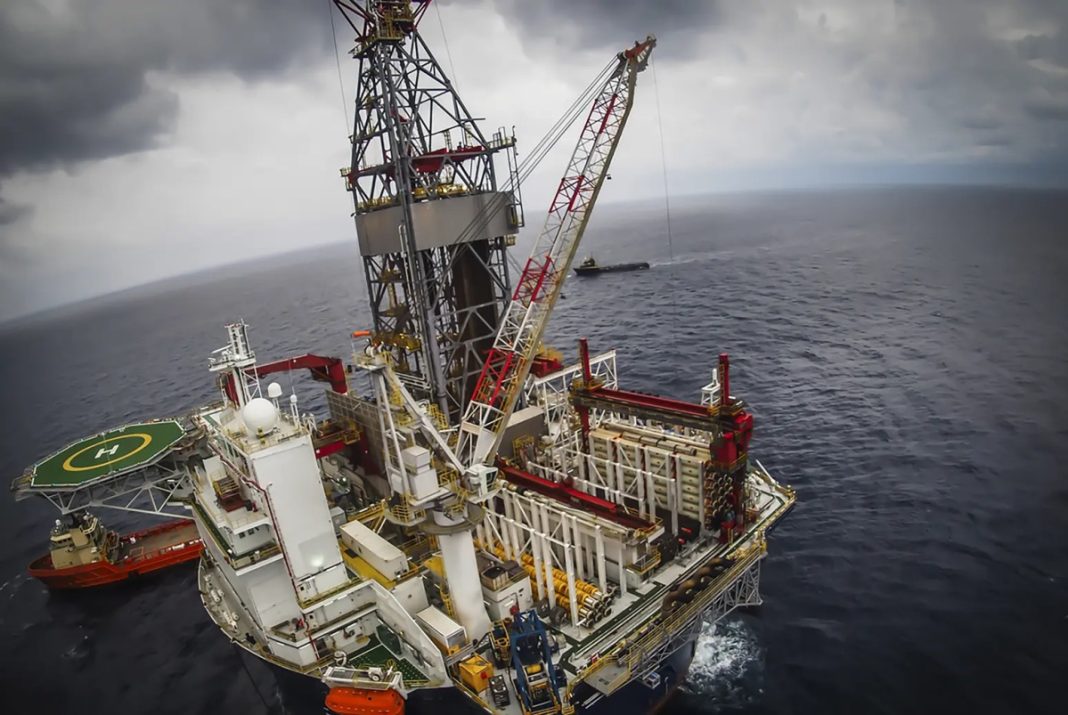WASHINGTON, DC, USA – As his presidency draws to a close, President Joe Biden is expected to announce a permanent ban on future offshore oil and gas development in parts of the Atlantic and Pacific Oceans, a move designed to solidify his environmental legacy and create significant barriers for the incoming Trump administration to reverse.
The executive order, anticipated in the coming days, will invoke the 1953 Outer Continental Shelf Lands Act.
This legislation grants presidents broad authority to withdraw federal waters from oil and gas leasing and development, but it does not explicitly provide for a reversal of such decisions.
Consequently, President-elect Donald Trump would likely need congressional action to undo Biden’s decision.
Protecting Sensitive Waters
The ban is expected to cover areas in the Eastern Gulf of Mexico and parts of the Atlantic and Pacific coasts, safeguarding them from future oil spills and additional greenhouse gas emissions.
Environmental advocates have praised the move, viewing it as a critical step in combating climate change and protecting marine ecosystems.
“We hope it will be part of a very vast area,” said Joseph Gordon, campaign director at Oceana.
Biden’s action, Gordon added, “would extend and make permanent those protections.”
Energy analysts, however, argue the measure will have minimal impact on U.S. oil production.
“It’s not particularly consequential for U.S. exploration and production going forward,” said Tom Kloza, global head of energy analysis at the Oil Price Information Service.
Kloza noted that existing offshore rigs in the Gulf of Mexico are sufficient to meet current energy demands, with offshore projects typically taking years to develop.
Opposition from the Oil Industry
The American Petroleum Institute (API) has criticised the plan, calling it a “misguided approach.”
“We look forward to working with the incoming administration to bring the benefits offshore oil and natural gas production provides to the United States through jobs, investment, and domestic energy security,” said API senior vice president Dustin Meyer in a statement.
Despite the criticism, environmental groups see the ban as part of a broader effort to reduce fossil fuel dependence and mitigate climate change.
Biden’s Broader Conservation Push
In addition to the drilling ban, the Biden administration is expected to establish two new national monuments in California: the Chuckwalla National Monument near Joshua Tree National Park and the Sáttítla National Monument in Northern California.
Both monuments have been championed by Native tribes seeking to protect the lands from energy development.
These new designations will bring the total number of national monuments Biden has conserved or expanded during his presidency to ten, reflecting his commitment to preserving public lands.
A Legacy of Environmental Action
Biden’s anticipated announcement aligns with previous actions to limit offshore drilling, including his decision to restrict leasing in the Arctic National Wildlife Refuge.
The move also builds on precedents set by previous administrations, including Trump’s 2020 decision to ban drilling in parts of the Eastern Gulf and along the Atlantic coasts of Florida, Georgia, and South Carolina.
“Every president this century has recognised that some areas of the ocean are just too risky or too sensitive to drill,” said Drew Caputo, vice president of litigation for lands, wildlife, and oceans at Earthjustice.
With this final push, Biden seeks to cement a legacy of climate and conservation achievements, leaving a challenge for his successor to address as the United States navigates its energy future.







